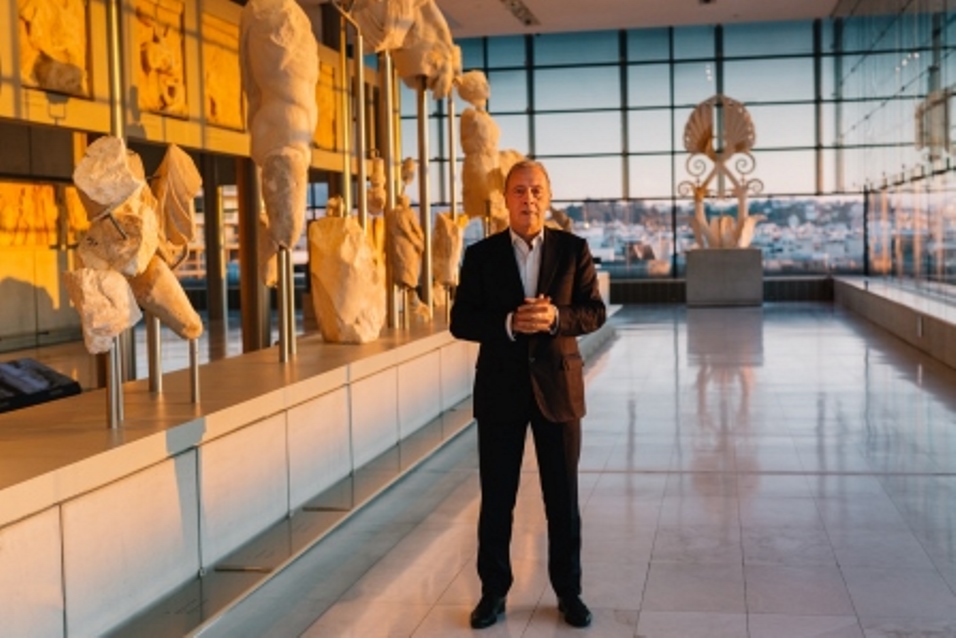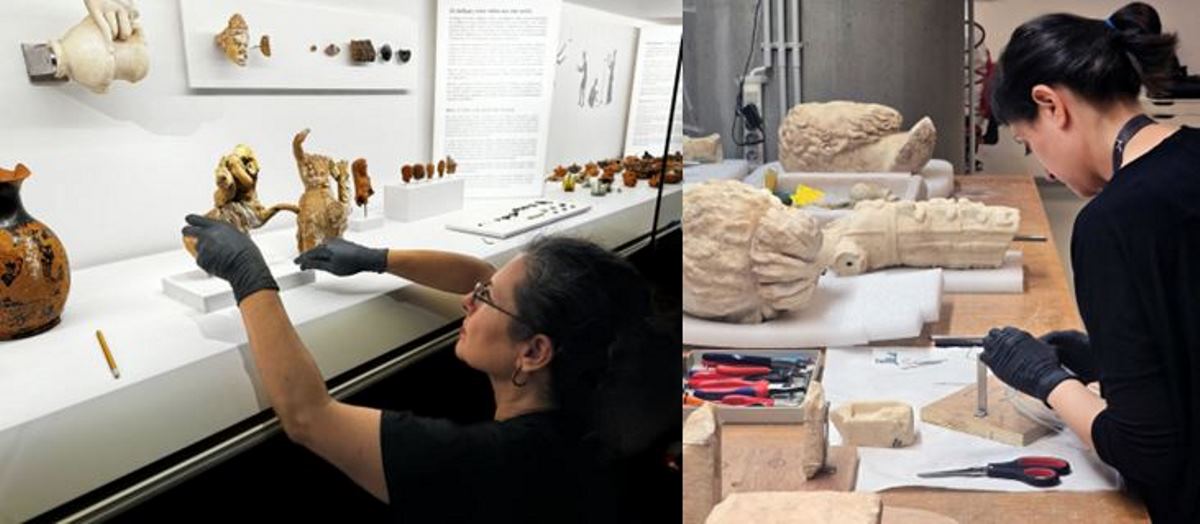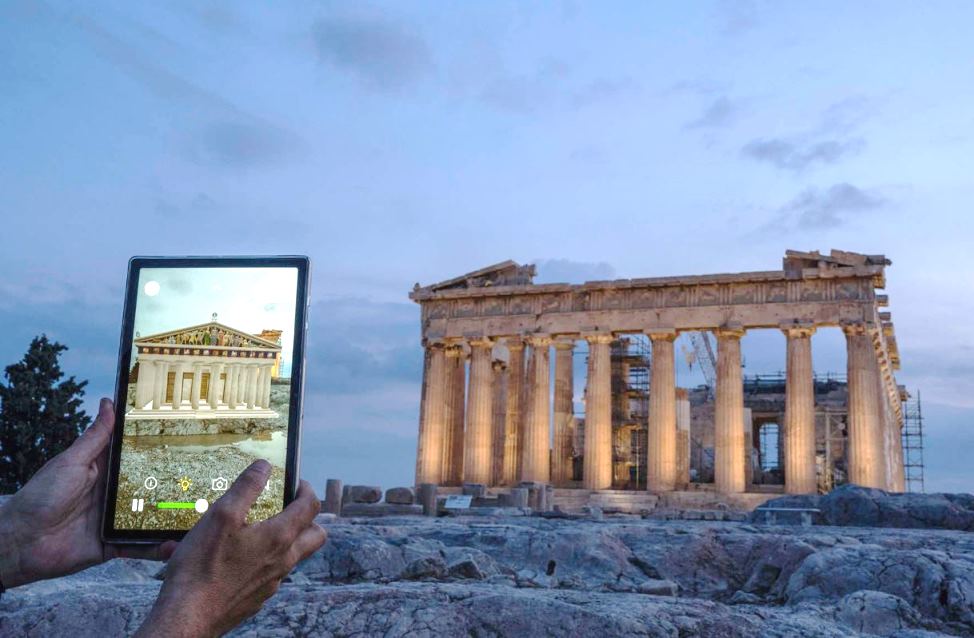THE GREAT museums of the world are filled with artworks that have been plundered from somewhere else, sometimes after being stolen several times over. There is no chance that all the kidnapped statues and paintings in those secular temples of culture will be returned to their original homes. Nevertheless, the British Museum would be making a gesture of respect to Greece, the wellspring of Western culture, if it returned the statuary that came from the Acropolis in Athens and is now known as the Elgin marbles.
The opening last month of a much-lauded museum in Athens, situated within view of the Parthenon, has revived an old quarrel over where those figures belong that were torn from the frieze and pediment of the ancient temple to Athena. Lord Elgin was ambassador to the Ottoman Empire when he began removing the statues in 1801, with the consent of Ottoman authorities. From a Greek perspective, the official of a foreign empire with no title to those monuments had pilfered them with the permission of another imperial power that had no right to give them away.
The British Museum's claim that it bought the pirated marbles fair and square from Lord Elgin in 1816 is, at the least, rooted in a parochial notion of legality. And since the Vatican and the Heidelberg museum in Germany have generously returned individual pieces from the Parthenon, repatriation of the Elgin marbles would hardly be setting a dangerous precedent
Lord Elgin's purloined trophies should be given to the new museum in Greece not merely to redress an historical injustice, but to retrieve the artistic unity of a monument that was too often looted and abused.
Editor: Chris Price, Vice-Chair for the British Committee for the Reunification of the Parthenn Marbles





Comments powered by CComment